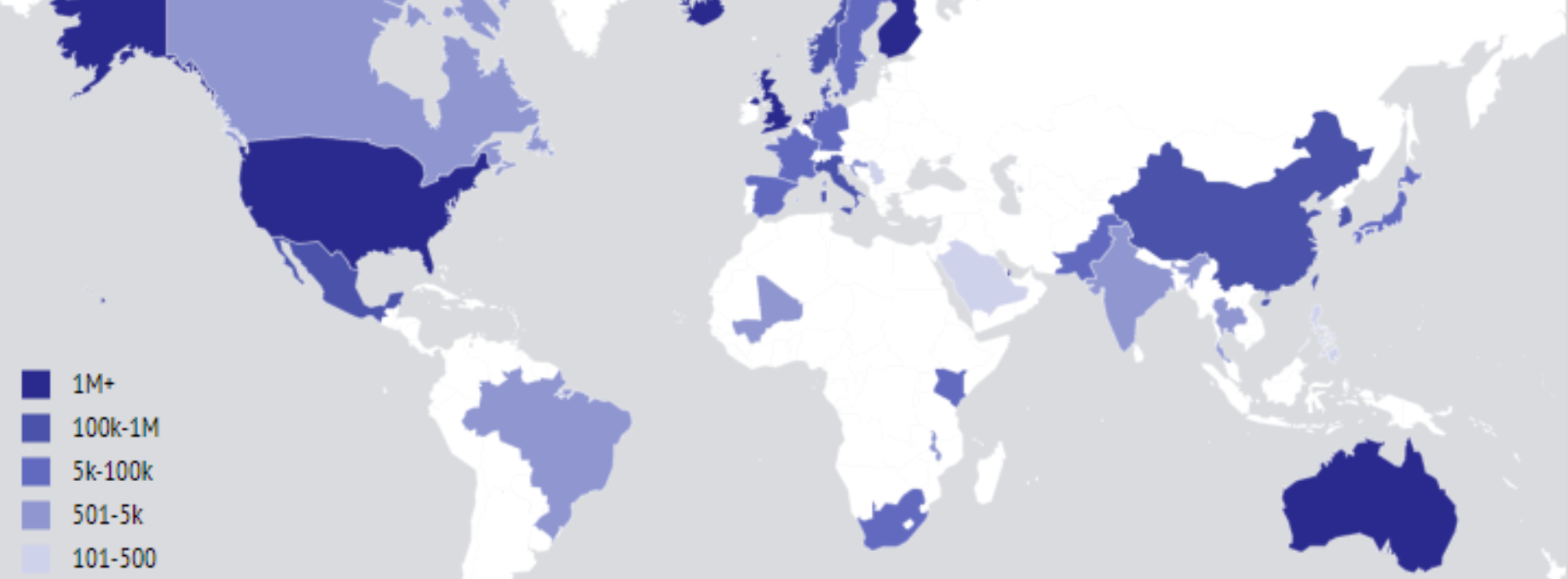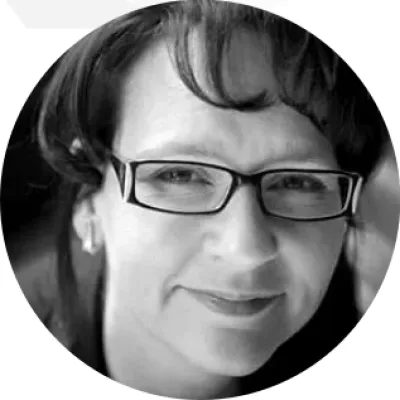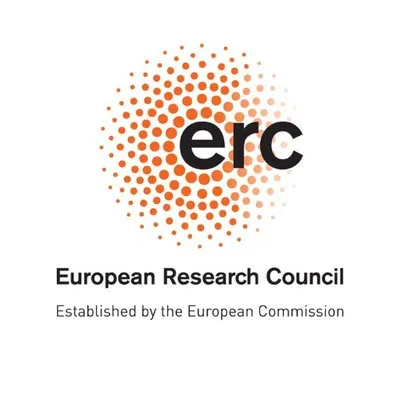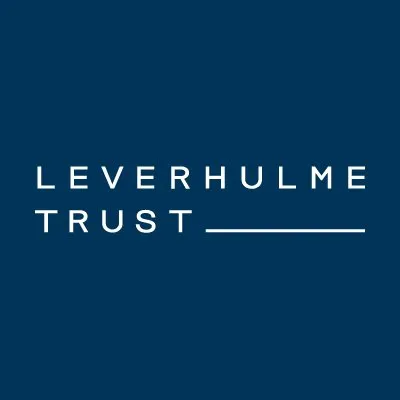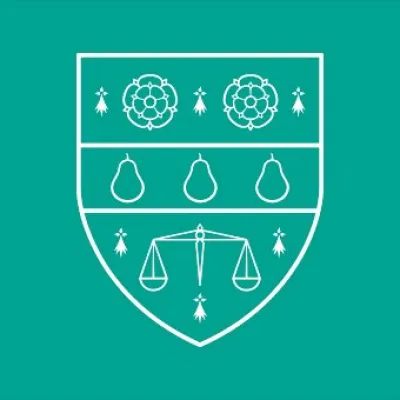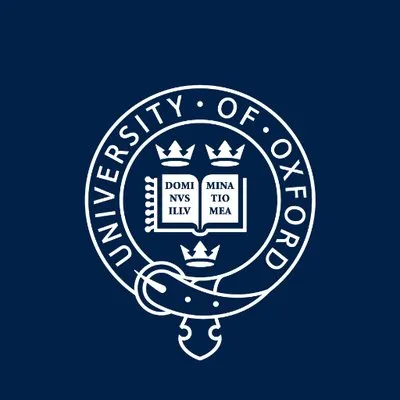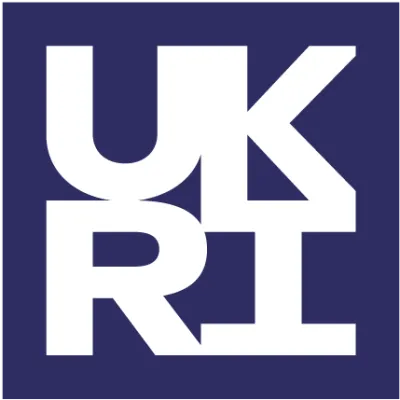Our GWAS Diversity Monitor has teamed up with a new global initiative Link23, to make genomic tools that work for everyone.
The GWAS Diversity Monitor aims to improve the equitability and diversity of participants across all published Genome Wide Association Studies (GWAS), the primary technique used for genetic discovery.
Hosted by the Leverhulme Centre for Demographic Science, the GWAS Diversity Monitor team - led together by Professor Melinda Mills and Dr. Charles Rahal - are proud to partner with Link23. This global open source and community-driven initiative aims to curate, build, implement and scale practical solutions to make genomics as equitable as possible.
‘Genomic data is instrumental to public health, and it must equitably represent the global population. Our interactive application – the GWAS Diversity Monitor – was created to shine a light on the lack of diversity in Genome Wide Association Studies’, says the Principle Investigator behind the work and Director of the Centre, Professor Melinda Mills.
When the GWAS Diversity Monitor launched and was published in Nature Genetics in March 2020, 89.31% of all participants in Genome Wide Association Studies were of European ancestry. This figure is now at 95.67%, with at most 4.33% shared amongst other ancestries from across the rest of the world. This increase in a lack of diversity is likely attributed to the recent surge of publications which use UK BioBank, which is predominantly a sample of individuals with European ancestry.
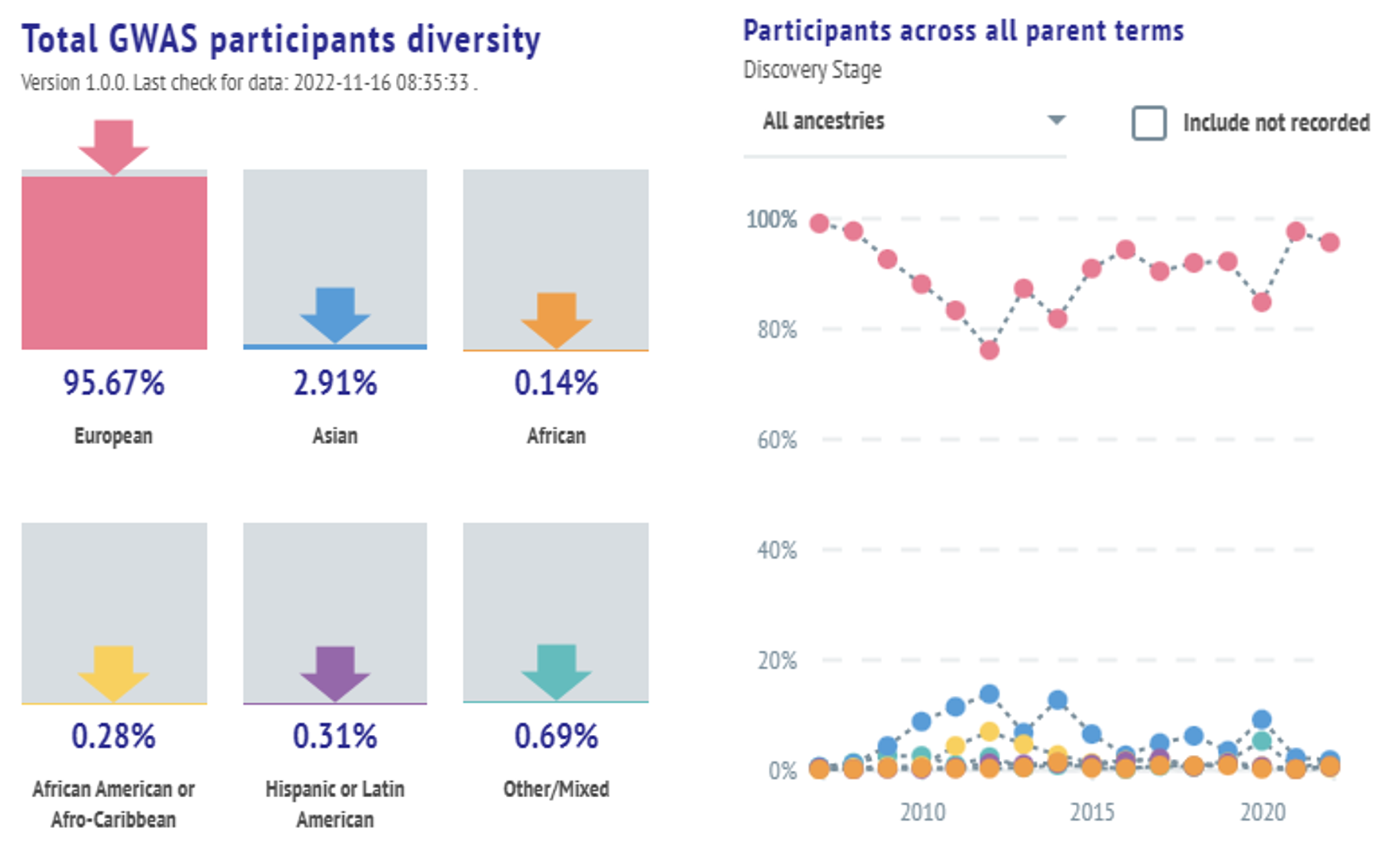
Screenshot of the GWAS Diversity Monitor, showing total GWAS participants' diversity (left) and participants across all parent terms at the discovery stage (right).
Improving awareness of these inequalities during inception, funding, design and evaluation of Genome Wide Association Studies is critical to achieving a shared ambition of creating responsible, representative, and equitable solutions to some of the world’s biggest healthcare problems.
Link23 curates an extensive toolbox of global collaboration with that exact ambition - to raise awareness of the inequalities in how genomic science is undertaken. Anyone who shares this ambition is welcome to join Link23’s international community, founded by Genomics England and Data Science for Health Equality.
‘We are delighted to partner with the GWAS Diversity Monitor and include their valuable dashboard in our extensive genomics toolbox. Together, we can make genomics equitable for everyone’, says Maxine Mackintosh, Programme Lead on Diverse Data at Genomics England.
The Diversity Monitor, which draws on data curated from the NHGRI-EBI GWAS Catalogue, will continue its work to improve diversity in Genome Wide Association Studies. This includes examining the distribution of diversity across institutional funders via a recently awarded Economic and Social Research Council Impact Acceleration Account grant. Later work plans to expand towards Polygenic Scores, the most readily available and tractable output of a Genome Wide Association Study.
‘The equitable use of genomic data is becoming more important than ever as we continue to fight global pandemics and diseases. As a researcher and advocate of equitable data, initiatives like Link23 are invaluable for future global health’, adds Dr. Charles Rahal, a Senior Departmental Research Lecturer at the Centre who develops and maintains the GWAS Diversity Monitor.
For enquiries, please email: contact@gwasdiversitymonitor.com
The GWAS Diversity Monitor team would like to thank the NHGRI-EBI GWAS Catalogue team for curating all of the data which powers this and many other important tools.
Suggested citation for the Nature Genetics paper: Mills, M.C. and Rahal, C., 2020. The GWAS Diversity Monitor tracks diversity by disease in real time. Nature Genetics, 52(3), pp.242-243.
The GWAS Diversity Monitor is made possible thanks to support and funding from the European Research Council (SOCIOGENOME 615603; CHRONO 835079), British Academy, Leverhulme Trust, Nuffield College, University of Oxford, and the Economic and Social Research Council.


